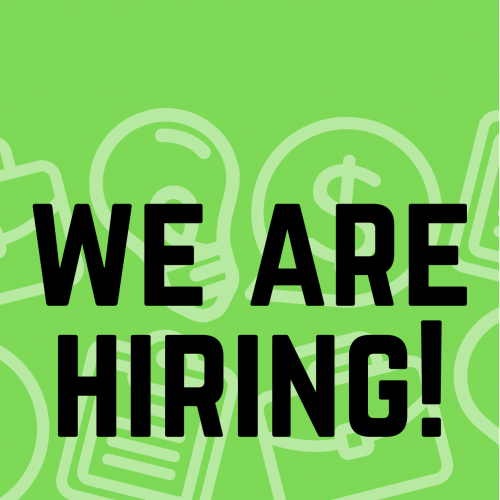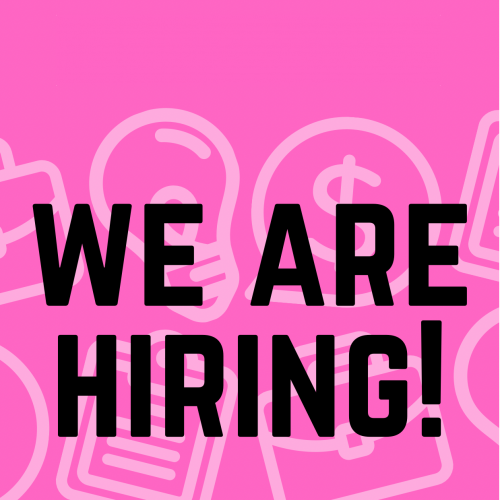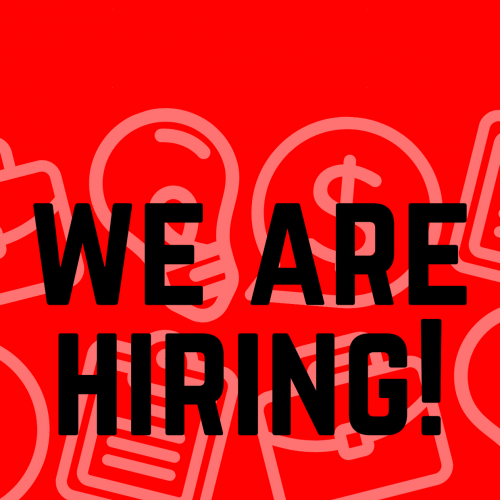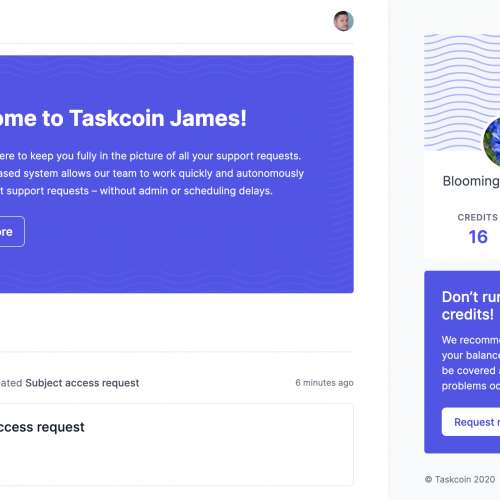As founders and entrepreneurs, the pressure to succeed is huge. Life savings, family sacrifices, regular all-nighters, endless multi-tasking and big promises to investors are just a few of the things that can go into building startups that you care deeply about. They’re also some of the many things that can wear you down the most.
So it’s not a surprise that, according to a study by Michael Freeman, founders are twice as likely than the general population to suffer from depression or have suicidal thoughts.
Addressing the ongoing mental health catastrophe in entrepreneurship is a moral imperative
Even on a less serious scale, stress can have a huge impact. As Gavin Eddy, a serial entrepreneur and founder of co-working space management software Coherent, explains: “A world that encourages us all to be entrepreneurial, highly productive and self-reliant also challenges us with isolation, fear of failure, stress and anxiety. Those pressures are no more evident than in the world of founders. We are storing up mental health issues that either we aren’t thinking about, or at least aren’t discussing openly.”
Matt Wilson, co-founder of date activity booking site Datemakers adds: “It’s easy to get wrapped up in it all, but realistically, we are the ones putting ourselves under the most pressure.”
But founders aren’t alone in realising that the road to startup success shouldn’t be stunted with poor mental health. VC investor Jake Chapman admitted in a recent TechCrunch article, “Addressing the ongoing mental health catastrophe in entrepreneurship is a moral imperative, and for wise investors, it should be a function of doing business.”
That’s not to say the world’s founders and entrepreneurs aren’t changing things themselves, we spoke to five more startup founders working to prioritise theirs and their fellow founder’s mental health, to see what advice they had to give to others.
Cristian Parrino
Founder of sustainability startup GreenGame
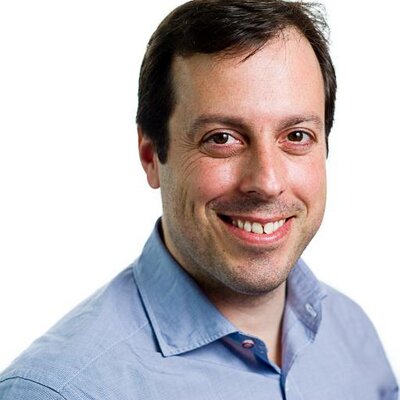 “Like many startup founders, I face pressure on multiple fronts on a daily basis – personal and startup financial runways, rejection, the roller coaster of highs and lows, reality moving slower than ambitions – all of which can be stressful and lonely.
“Like many startup founders, I face pressure on multiple fronts on a daily basis – personal and startup financial runways, rejection, the roller coaster of highs and lows, reality moving slower than ambitions – all of which can be stressful and lonely.
While experience helps me mitigate these, since they are expected constants that come with the role, there are a few things I live by:
I secretly sneak in a 15 minute power nap when needed. Magical.
“Set clear life priorities – as a single parent, my number one priority is to raise my kids. Nothing gets in the way of that. And I’ve learned from some of the best people I’ve worked with – mothers – that compromising on your life priorities is the best way to be ineffective at everything else.
“Work smarter, not harder – I’ve never subscribed to the popular tech advice of having to be full on, 24/7, giving it 120%, etc. It’s simply ineffective. Prioritising high value and/or fast value activities, taking breaks, avoiding multitasking and inspiring others to help works wonders for me.
“Don’t mess with sleep – I protect my eight hours of sleep and I secretly sneak in a 15 minute power nap when needed. Magical.”
Tessa Cook
Co-founder of OLIO, the app that connects neighbours and businesses to end food waste
 “My co-founder Saasha and I see the startup journey as a series of marathons, with some sprints interspersed, and so mental resilience is absolutely critical to success. We approach this however by not so much thinking about ‘work-life balance’ which seems to suggest that there’s a thing called ‘work’ and a thing called ‘life’, but rather by thinking much more holistically about how to lead a ‘balanced life’.
“My co-founder Saasha and I see the startup journey as a series of marathons, with some sprints interspersed, and so mental resilience is absolutely critical to success. We approach this however by not so much thinking about ‘work-life balance’ which seems to suggest that there’s a thing called ‘work’ and a thing called ‘life’, but rather by thinking much more holistically about how to lead a ‘balanced life’.
“On a practical level what this means is that the OLIO team all work flexibly and predominantly remotely. This set up makes it easier for each team member to carve out time during the ‘working day’ to spend on their wellbeing – which might be going to the gym, walking the dog, or spending time with their kids. We don’t mind when or where our team work – it just needs to be done in a way that enables them to have a balanced life and strong mental health.”
Jo Hand
Co-founder of social enterprise Giki
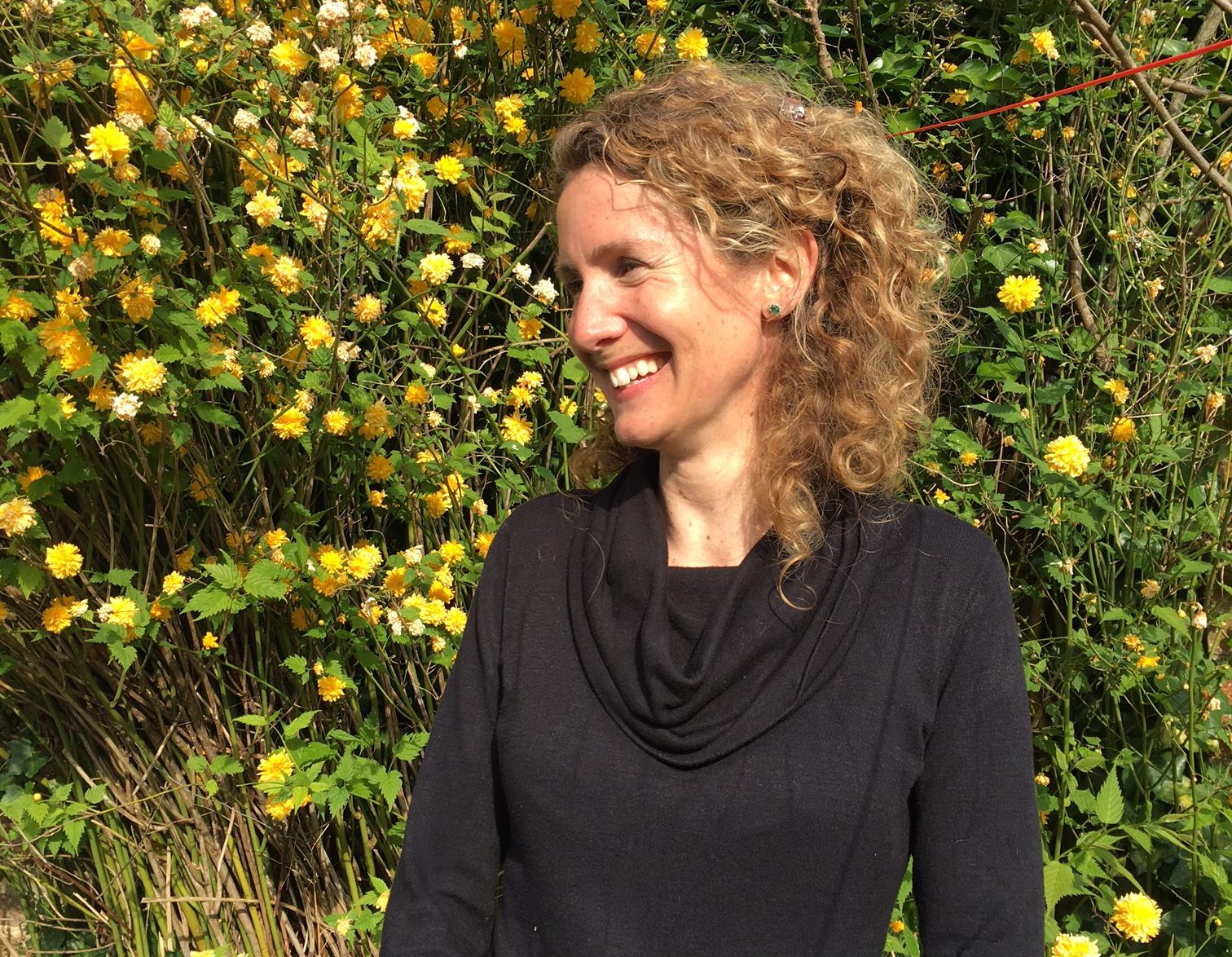 “I have found it really important to build in thinking time. It is so easy to keep working, keep doing, keep driving yourself, without having time to reflect.
“I have found it really important to build in thinking time. It is so easy to keep working, keep doing, keep driving yourself, without having time to reflect.
I find walking is an excellent time to think
“It is when you are calm and your mind isn’t racing with a million ‘to-dos’ that you can come up with the best ideas. I turn off my email and get away from my desk. I also force myself to build in downtime – yoga is great for this – and I find walking is an excellent time to think!”
Tom Dewhurst
Founder of mobile-ordering startup Ordoo
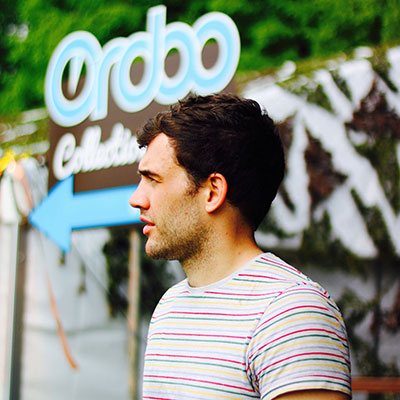 “As a founder you experience crazy highs and lows, sometimes on a daily basis. I believe it’s important not to get extremely emotional in either direction and keep a level head. This way, you can stick it out for the long haul as required.
“As a founder you experience crazy highs and lows, sometimes on a daily basis. I believe it’s important not to get extremely emotional in either direction and keep a level head. This way, you can stick it out for the long haul as required.
“The first year I overworked and almost burnt out. Recently, I’ve started to do more exercise, take a break over the weekends and have learnt to switch off. Try to make running a company a part of your lifestyle.”
Nick Elston
Founder of people development consultancy Forging People
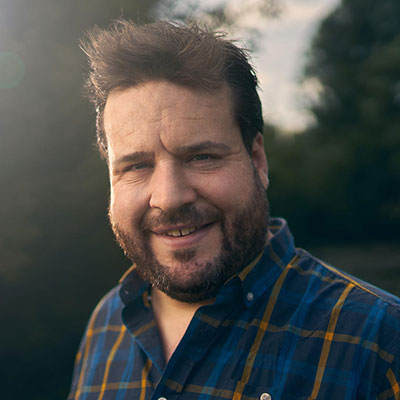 For Nick, his long suffering mental health is what led to him start his business, proving that being a founder doesn’t mean compromising yourself. He now tells his story as a motivational speaker as well as running his own business as a coach.
For Nick, his long suffering mental health is what led to him start his business, proving that being a founder doesn’t mean compromising yourself. He now tells his story as a motivational speaker as well as running his own business as a coach.
“I tried to be what everyone wanted to see in me – not who I truly was,” he explains. “If you don’t think this affects you – ask yourself if you have ever said ‘yes’ to something you wanted to say ‘no’ to… Thought so!”
My biggest adversity in life has forged my most exciting future
“This was compounded by a lifetime of managing OCD and Anxiety. Being a highly successful, highly functioning but highly anxious business person got me so far – until I had a breakdown. Outside of a Premier Inn! Classy guy eh, I choose my breakdowns well!
“It’s funny – when you feel you have nothing to lose – you will try anything. I chose Public Speaking.
“Those fears we have about showing our true selves – of not being liked, being judged or hated – dispelled as everyone I spoke to either offered help, love or resonated with what I was saying.
“Fast forward to today and my biggest adversity in life has forged my most exciting future.”
If you’d like to discuss your startup or project, get in touch with Simpleweb today.
